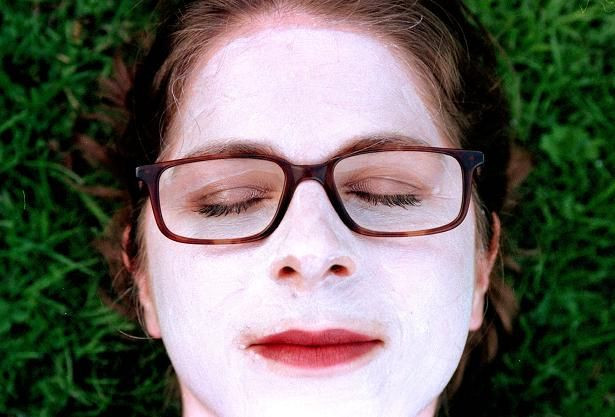Sunscreen May Do More Harm than Good, Ingredient May Increase Cancer Risk

While people are advised to apply plenty of sunscreen when being outdoors to reduce the risk of overexposure and skin cancer, scientists have discovered that an ingredient found in most sunblock products may actually increase the risk of developing melanomas.
The latest study suggests that a main ingredient in sunscreen, zinc oxide, undergoes a chemical reaction that may release unstable molecules called free radicals, when exposed to sunlight.
As released free radicals readily bond with other molecules, they can damage cells or DNA contained within those cells, which could potentially increase the risk of skin cancer.
Lead researcher Dr. Yinfa Ma and his team also found that the longer zinc oxide is exposed to sunlight, the greater potential harm it can do to human cells, especially when exposed to ultraviolet light, which is specifically what sunscreen is supposed to protect the body from.
"Zinc oxide may generate free radicals when exposed to UV (ultraviolet) sunlight, and those free radicals can kill cells,” Ma said in a statement.
Researchers compared human lung cells dipped in a solution containing nano-particles of zinc oxide to a control group of cells that had not been immersed in the zinc-oxide solution after being exposed to different types of light for different time periods.
Scientists found that zinc-oxide exposed cells had deteriorated more quickly than those that had not been dipped in the chemical compound.
Ma found that cells that had been dipped in the solution not only deteriorated rapidly under ultraviolet light, they also deteriorated under weaker visible light.
The findings, published in the journal Toxicology and Applied Pharmacology, show that after 3 hours of UVA exposure, half of the solution-exposed cells had died, and after 12 hours, 90 percent of the solution exposed cells had died.
The latest findings suggest that the detrimental effects of the free radicals released by zinc-oxide increases the longer it is exposed to sunlight, but Ma warned that additional research is needed to confirm the research, and that his results were based on preliminary research.
He recommends that people continue to take the usual precautions when exposed to the sun.
"I still would advise people to wear sunscreen," he says. "Sunscreen is better than no protection at all."
Ma said he plans to conduct electron spin resonance tests to confirm his findings that zinc oxide truly does generate free radicals, and he added that clinical trials will also be needed before any conclusive evidence may be from his studies.
Zinc oxide is also used in many other commercial products besides sunscreen, like plastics, paints, ointments and sealants.
Published by Medicaldaily.com



























